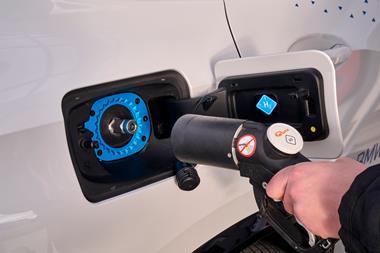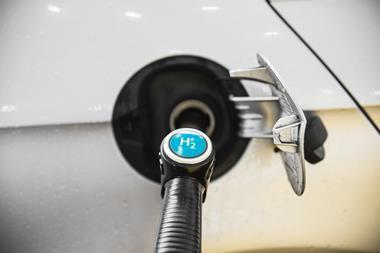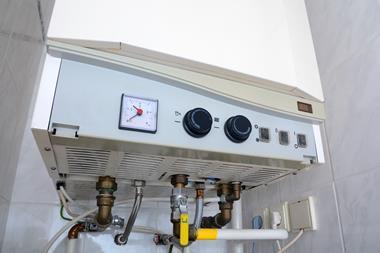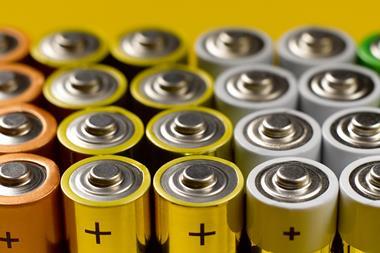When it comes to decarbonising domestic heating, hydrogen is worse than alternatives such as solar energy on every count: it’s less economic, less efficient, more resource intensive and has a larger environmental impact. This is the result of a review that analysed 32 independent studies.
Providing heating for homes, industry and other applications accounts for around 50% of total energy consumption globally. 60% of that demand is covered by fossil fuels. Zero-carbon or green hydrogen – hydrogen produced without generating carbon emissions – has been hailed as a replacement for natural gas in this sector. Governments have been launching national hydrogen strategies to introduce more of the gas into domestic heating. In late 2021, the UK showed that it can safely blend 20% hydrogen with methane and deliver it to the grid. The project was deemed a success, and its second stage, completed in June 2022, is awaiting evaluation.
But injecting hydrogen into the grid isn’t the best way to decarbonise domestic heating, writes Jan Rosenow director of European programmes at the non-governmental Regulatory Assistance Project. He analysed 32 independent studies – those that weren’t carried out by or on behalf of the energy industry – and found no evidence supporting widespread hydrogen use for heating.
Overall, it takes about five times more electricity to heat a home with hydrogen than with an individual heat pump or through a heat pump-powered district heating network. Hydrogen has higher energy systems costs than heat pumps or solar energy because its production requires a lot of electricity. It is also likely to be more expensive for consumers. Hydrogen requires a large, complex and resource-intensive supply infrastructure, which increases its environmental impact.
Rosenow points out that there are other more important uses for green hydrogen including as a feedstock chemical and for long-term energy storage – applications that have few other alternatives for decarbonisation. He cautions policymakers to see beyond the hype and ‘consider the existing research carefully before allocating significant public funds for hydrogen heating’.
References
J Rosenow, Joule, 2022, DOI: 10.1016/j.joule.2022.08.015

















1 Reader's comment